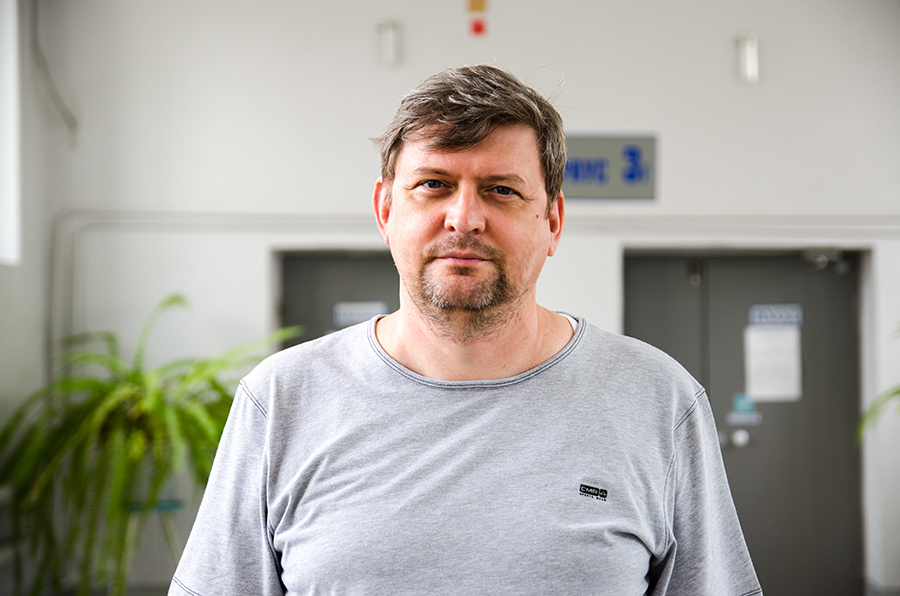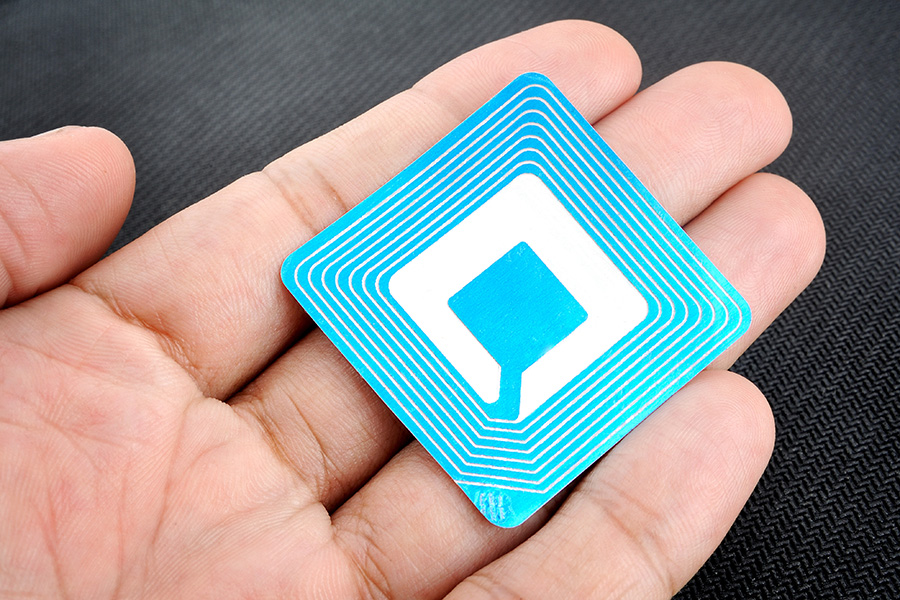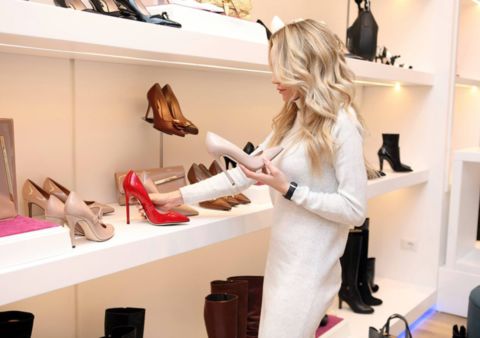Students and teachers of South Ural State University jointly with the leading shoe manufacturer UNICHEL are working on a project that is designed to study the interest of consumers in certain products. The project is based on the use of RFID (Radio Frequency Identification) technology for reading radio signals, with the help of which information will be collected about which of the shoe collections is of the greatest interest to buyers.
Project-based learning is being successfully implemented in many fields at South Ural State University. In 2019, a "Boiling Point" was opened at the university. At the moment, it is the only space for the collective work of students, researchers and industrial enterprises among the universities of the region.
One of the interesting projects implemented at the space is the Smart Exhibition organized together with the UNICHEL company. Its goal is to identify the most in-demand exhibition samples of products. A group of students of the School of Economics and Management is working on the project, which is guided by the leading engineer, senior lecturer at the Department of Information Technology in Economics Viktor Perevedentsev. We asked the team leader to answer a few questions and tell us how the work is going.

Photo: Viktor Perevedentsev
― What goals were set for the project team?
― The goal of the project is to investigate the attractiveness of the shoe models that UNICHEL is going to place on the market. It is important for a manufacturer to know how much people were attracted by a particular product in order to be able to understand what the buyers took in their hands, and what they passed by. This task was set before us, and the students proposed to equip the entire model range with RFID tags, and exhibition stands with sensors, in order to track which item most often left the control zone, ending up in the hands of a potential buyer. So the company will be able to assess how justified its expenses on the design and production of certain product units are.
― Why is the project relevant, what is the novelty of the idea?
― In our work, we reached a conceptual model of how everything should work, moved on to the stage of equipment selection, and...the situation changed dramatically! During the pandemic, our project has lost some of its relevance. Now people prefer online orders, so we can say that this is a project for the "times of feast", when there is interest in new products, and there is time for its development. Now there are no face-to-face events, and the project is based on the direct reaction of individuals to an offered item that they can take in their hands and study.
― What are the advantages of the project?
― From a marketing perspective, the advantage of the project is the collection of reliable data about the goods of interest to the consumer. After all, if people take the goods in their hands, they are interested in these. From a technical perspective, RFID is a proven working technology that has already found widespread use in trade. It does not require fundamentally new equipment or large-scale research. This is a simple and reliable technology. But it will be necessary to develop special software that can analyse the collected information. Thus, we will get a new complex engineering solution to achieve our goal.

― What do you need to successfully complete the project?
― We need a server, where the collected information will be stored, and equipment to which the readers will be connected. We need RFID tags readers, RFID tags themselves, controllers that will store information and gather certain statistics. The technology will enable to significantly save time and resources, not to waste them on new expensive equipment, collection of statistical data, and marketing research.
― At what stage of implementation is the project?
― We already have a design project, the technical side of the issue, algorithms for collecting, storing and processing information have already been worked out. The next step is software development. The project is about 70% ready, that is, if the customer provides us with the necessary equipment, then in a month and a half we will create a model of the stand that will track what was put into it, what was taken away, and the manufacturer will understand how much this or that product is in demand.
― How can your developments advance in the future?
― RFID technology has great potential. It is already used to prevent shoplifting, but the possibilities are much greater. For example, it can be used to monitor the presence of employees in the workplace. To do this, they are given ID cards with RFID tags, and there must be readers at the entrance and exit. So the employer will be able to control when the employee came, left, how many hours he/she actually spent at the workplace. Or, when speaking of hazardous industries, if you attach tags to employees' clothes, you can be informed about situations that pose a threat to their life. For example, if an electrician gets electrocuted and fall down. The reader will send a signal, and assistance will be provided to the person as soon as possible, and not after his absence is noticed or random witnesses call an ambulance.
The "Boiling Point" supports projects by young scientists and students, contributes to their promotion and implementation. The mission of the university "Boiling Point" is to create an ecosystem centre that brings together students, teachers, researchers and university partners for the development of breakthrough technologies within the framework of our country's innovative development.
South Ural State University is a university of digital transformations, where innovative research is carried out in most of the priority fields of science and technology development. In accordance with the strategy of scientific and technological development of the Russian Federation, the university is focused on the development of big scientific cross-disciplinary projects in digital industry, materials science and ecology.
SUSU is a participant of Project 5-100, which aims to increase the competitiveness of Russian universities among the world's leading research and educational centres.




